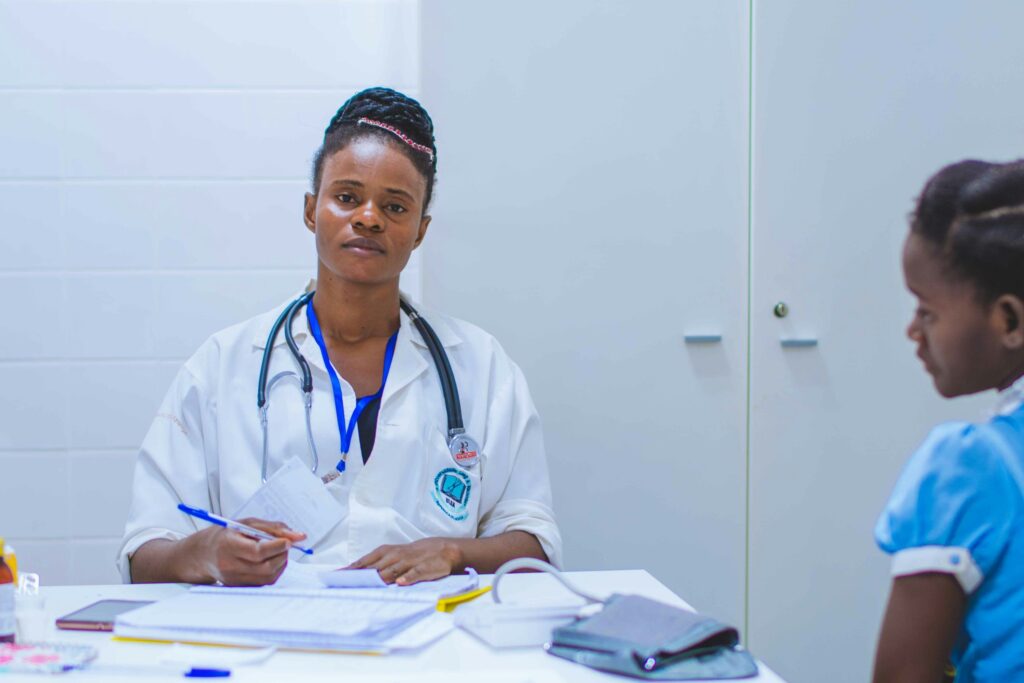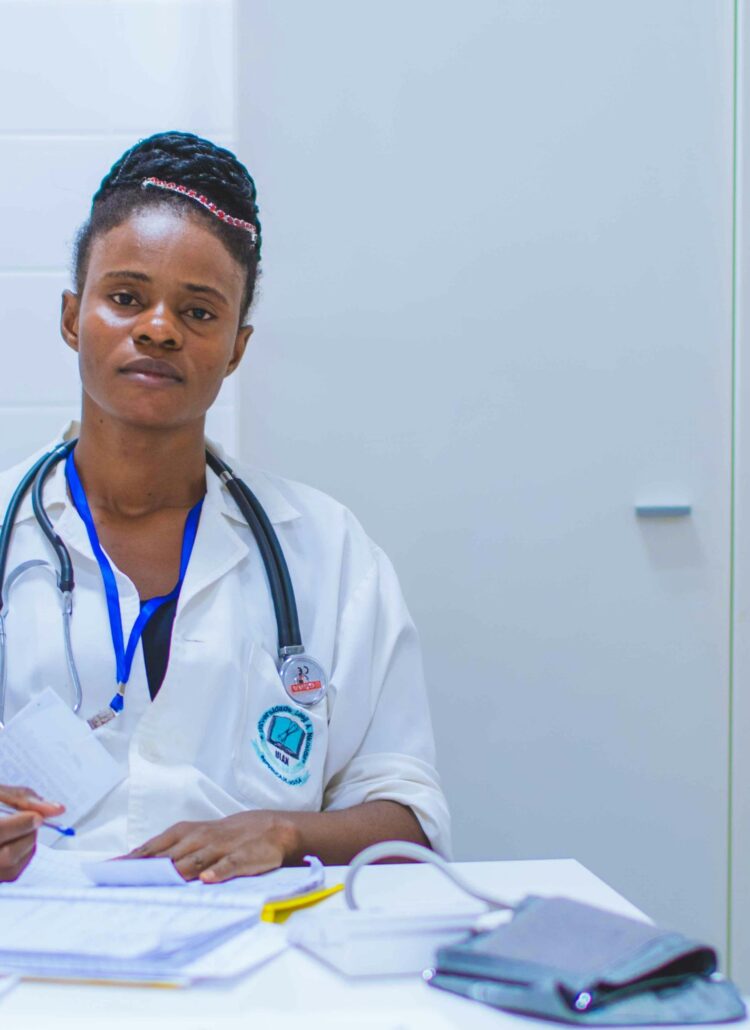
Receiving a breast cancer diagnosis can be overwhelming and frightening, but it’s important to remember that you are not alone. With the right support and resources, you can navigate through this challenging time and make informed decisions about your treatment and care.
Here’s a comprehensive guide on what to do if you have been diagnosed with breast cancer:
- Take a Deep Breath and Stay Calm: Upon receiving a breast cancer diagnosis, it’s natural to experience a range of emotions, including fear, anxiety, and uncertainty. Take a moment to process the news and allow yourself to feel whatever emotions come up. Remember, it’s okay to seek support from loved ones, friends, or a mental health professional if needed.
- Educate Yourself: Knowledge is power. Take the time to learn about your specific type of breast cancer, including its stage, grade, and treatment options. Ask your healthcare provider questions and seek reliable information from reputable sources such as cancer organizations, medical journals, and trusted websites.
- Gather a Support Team: Surround yourself with a strong support system that includes family, friends, healthcare providers, and support groups. Lean on them for emotional support, practical assistance, and encouragement throughout your cancer journey.
- Explore Treatment Options: Work closely with your healthcare team to develop a personalized treatment plan tailored to your individual needs and preferences. Treatment options may include surgery, chemotherapy, radiation therapy, hormone therapy, targeted therapy, or a combination of these approaches. Discuss the potential benefits, risks, and side effects of each treatment option to make informed decisions.
- Seek Second Opinions: Don’t hesitate to seek second opinions from other healthcare providers or cancer centers to ensure you are making the best decisions for your care. Different perspectives and expertise can provide valuable insights and options for treatment.
- Take Care of Your Physical and Emotional Well-Being: Prioritize self-care by eating a healthy diet, getting regular exercise, getting enough rest, and managing stress. Consider incorporating complementary therapies such as yoga, meditation, acupuncture, or massage therapy to support your overall well-being.
- Stay Organized: Keep track of important medical records, appointments, and treatment plans. Consider using a journal, calendar, or mobile app to record symptoms, medications, and side effects. This can help you stay organized and informed throughout your treatment journey.
- Advocate for Yourself: Be an active participant in your healthcare by advocating for your needs, asking questions, and expressing concerns to your healthcare team. You have the right to be involved in decisions about your treatment and care.
- Connect with Resources: Take advantage of resources and support services available to breast cancer patients, such as support groups, counseling services, financial assistance programs, and transportation services. These resources can provide practical and emotional support to help you cope with the challenges of cancer.
- Stay Hopeful and Positive: Remember that a breast cancer diagnosis is not a death sentence. Many people successfully undergo treatment and live full, meaningful lives after cancer. Stay hopeful, stay positive, and focus on taking one day at a time.
In conclusion, being diagnosed with breast cancer is a life-changing experience, but it’s important to remember that there is hope and support available.
By taking proactive steps, educating yourself, and surrounding yourself with a strong support network, you can navigate through your cancer journey with strength, resilience, and determination. You are stronger than you know, and you have the power to overcome this challenge.



